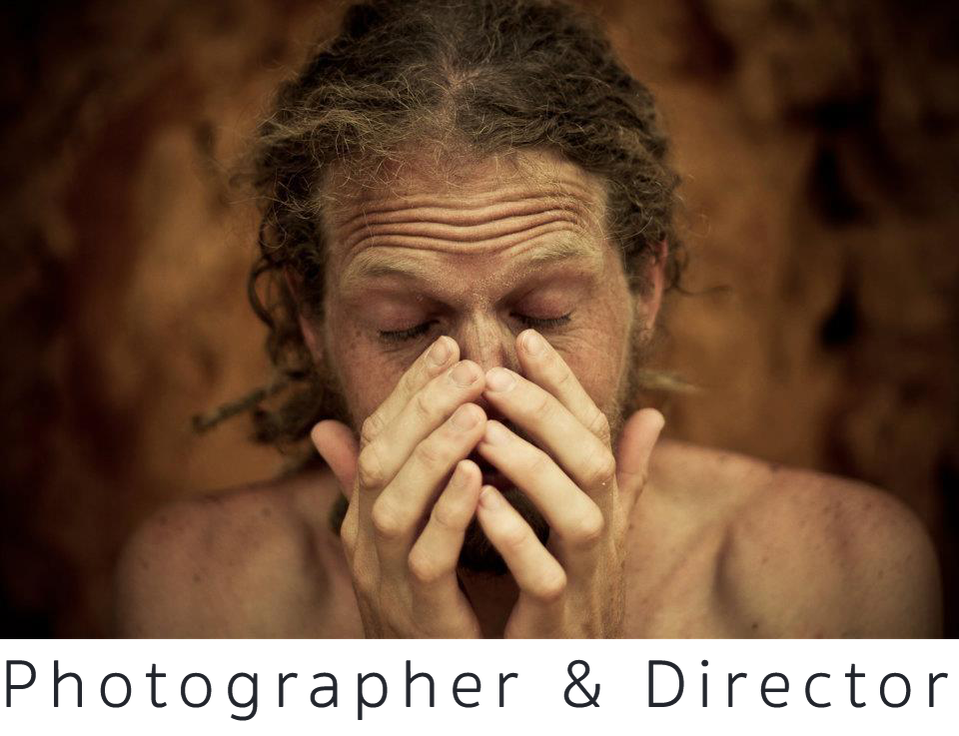The Kigamboni Community Centre was founded by a small group of
Tanzanian youth who had faced the issues of homelessness, poverty,
family conflict and lack of education. Their dream was to allow every
child to share their unique talents with the world in order to make a
better life for themselves. The first step was to ensure access to
education for children who had dropped out of formal schooling. Run
entirely by volunteers, KCC's 'Drop Out School' offered hundreds of
students the opportunity to study math, Swahili, and English in order to
re-enter formal schools. While this primary education program was
running, they had a near 100% success rate of placing the students back
into mainstream schools.
In 2011 the Tanzanian government informed KCC they could no longer
continue their Drop Out School program as they did not have qualified
teachers. The program was moved to a different area and qualified
teachers took over. However, the government has announced that in
January 2013 this program will end. With the cost of employing formally
trained teachers out of KCC's reach, hundreds of children will be left
without a means to re-enter school.
According to the 2011
Millennium Development Goals report, Tanzania has almost achieved its
goal of universally accessible primary education. The budget for
national education in Tanzania has tripled in the last decade, with
trillions of dollars being poured into building new classrooms and
employing more teachers. As a result of these measures, school
enrollment has increased drastically to around 95%. However, a recent
Uwezo study of education in Tanzania indicates that the increases in
enrolment do not necessarily equate to increased learning and academic
success. Although school itself is free, the cost of uniforms, textbooks
and transport is still too much for many families and most Tanzanian
children still struggle to get an education. The grim reality is that
students regularly miss classes so they can look after sick relatives or
work and make money for their family. The study found that after two
years of primary school, the majority of children cannot read basic
Swahili or English or even do basic mathematics.
16-year-old
Jackson was one such child who struggled to get educated due to
financial and family issues. He lost his father when he was just a baby
and soon after his mother become feeble with illness. At eight years old
he went to live with his brother and sister-in-law. Though he was
enrolled in school, he missed many of his classes and quickly fell
behind as his sister-in-law felt that Jackson’s time would be better
spent selling soaps at the local market. For three years he taught
himself what he could using borrowed textbooks and reading the notes his
friends had taken in class. When he was 12 years old his aunty moved
him from Arusha to live with her in Dar Es Salaam where an
administrative error again prevented him from attending school.
Eventually his aunt heard about the Drop Out School program at KCC and
after just one year Jackson was able to pass the entry exams and start
mainstream school, where he quickly became top of his class. He still
returns to the centre every day after school to attend drama and English
classes and spend time with his friends, who he calls his “KCC family”.
For
now, KCC continues to provide English lessons, social education,
preschool classes, acrobatics, traditional and modern dance, drama,
Netball, soccer, computers and health. Perhaps most importantly, the
centre also gives children a sense of confidence, belonging and hope for
the future. Nassoro, one of the original founders and the acrobatics
teacher, says, “KCC gives children a big chance because it is bringing
everyone together to share what they know and what they can do.” Jackson
certainly believes that without KCC his life would have been very
different. He imagines he would never have gotten an education and may
even have ended up on the street. Now when he talks about the future a
wide smile spreads over his face, “I feel strong now. I know who I am
and what I want to do. At KCC I met people with bigger problems than me
and realised anyone has the power to build their own life.”
The
Gallery Project aims to raise enough money to pay two qualified
teachers to work at the centre and ensure all the students have the
opportunity to get an education.











